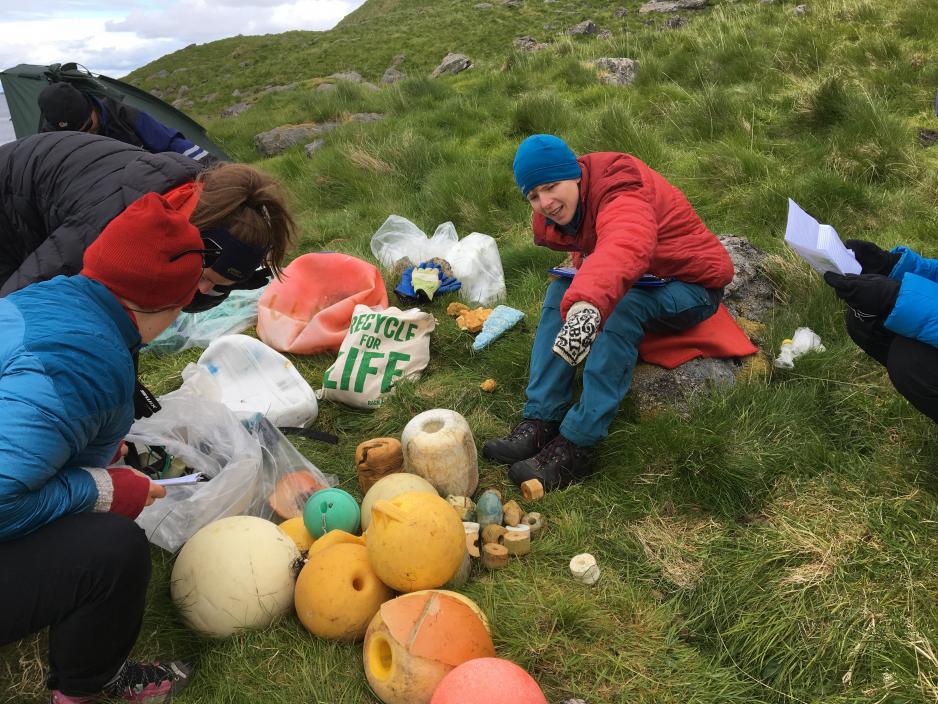Newsletter: While The World Economy Treads on Eggshells, Norway is Alleviating the Problem

Norwegian and Russian scientists will register marine plastic pollution along the shores of Novaya Zemlya this summer. (Photo: SALT)
Dear reader!
Friday, we woke up to the news that Donald Trump had approved an attack on Iran that was cancelled in the 11th hour. It is not yet clear why the attack, which according to the New York Times was to take place at dawn Friday, was cancelled; nor is it clear whether it will take place at a later time.
And while the world economy treads on eggshells waiting for the next move in the trade war between USA and China, and also waiting to find out whether there will be a hard or a soft Brexit, Governor Øystein Olsen of the Central Bank of Norway is well pleased with the development of the Norwegian economy.
This week, he increased interest by 0.25 percent points and announced one more interest increase – the third consecutive one – before the end of the year.
This despite several economists’ warning about “alleviating ourselves” from the world market disturbances.
Business Index North (BIN) is a data bank taking stock of a large part of the High North. BIN has created a statistic that, simply put, measures the innovation power of businesses in the Arctic. Northern Norway performs rather weakly compared to the rest of the country at the same time as Norway in general lags way behind both Sweden and Finland.
That is why good news were welcome when Trade Minister Torbjørn Røe Isaksen visited Northern Norway last Wednesday. The government wants to increase knowledge about Arctic maritime conditions amongst operators in Arctic waters and through that also improve emergency preparedness at sea. Local business and education institutions praise the initiative.
Canada also sees its High North having the slowest economic development. The Canadian Arctic covers 25 percent of the international circumpolar region, yet accounts for less than two percent of the Arctic economy. “Canada has neglected and disregarded its Arctic region for too long. A failure to develop this region in the future will have long-term negative impacts for the country”, is the straightforward conclusion of a fresh report created by a committee consisting of nine Canadian senators. The committee lists a series of recommendations for how to turn this trend, though it remains to be seen if these recommendations will be implemented in the new political framework when the country is to develop its new Arctic strategy.
Canada has also launched a brand new national food policy. Initiatives include a national support scheme to increase food safety for indigenous and First Nations people and communities in Arctic Canada.
A Norwegian-Russian research project aims to map plastic waste pollution along the coast of Novaya Zemlya. There is no existing documentation on this kind of pollution that far north, and the voyage this August may provide unique knowledge about marine littering in this part of the Arctic.
We would also like to recommend the following read:
What future will the West choose in the Arctic?
All the best for the weekend!
Siri Gulliksen Tømmerbakke
News Editor, High North News
